
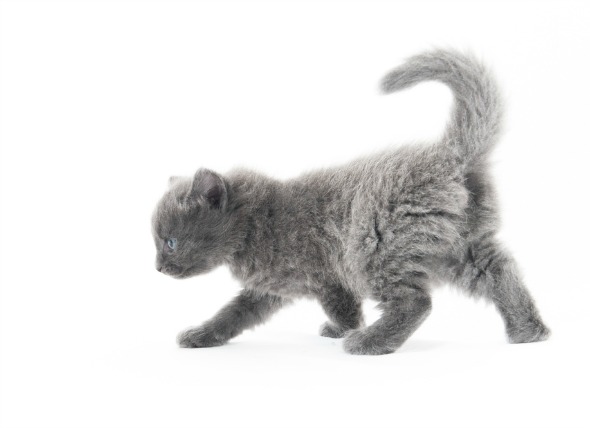
It may be surprising to find that the source of intestinal gas in cats is different in many ways from flatulence in humans. For example, most of the internal gas comes from swallowed air. Bacterial fermentation of nutrients, as in humans, does also result in the noxious gases that escape from time to time.
Besides the obvious increase in gas or the smell of the gas, disease may also play a part in the condition. When gastrointestinal disease is the cause, there are usually other symptoms, such as diarrhea and vomiting. Your cat may also be suffering from a lack of appetite and weight loss.
Since most of the gas comes from swallowed air, it is worth considering what might be causing this to occur. One of the probable causes is gobbling food, or competing with another cat for food and eating too quickly. Another reason your cat might be swallowing too much air might be that it is eating too soon after exercise. There are also physical conditions that can cause your cat to swallow excess air, such as a respiratory disease that is causing an increased respiratory rate; excessive flatulence is often a symptom of an acute and chronic intestinal ailments; inflammatory bowel disease is a possibility, as is bacterial overgrowth in the small intestine; and neoplasia, an excessive growth of tissue in the bowel, may also be a culprit.
Some other diseases that may cause excessive flatulence are irritable bowel syndrome, parasites, an inflammation of the intestine caused by a virus, or a failure of the pancreas to function normally. Brachycephalic breeds - breeds that have short heads - also tend to swallow a lot of air. The Himalayan and Persian breeds, for example, are two prominent examples of brachycephalic breeds.
There are medications that can help if you feel that the problem is great enough to justify it. Carminative is one of the more popular natural gas relievers that can be prescribed for your cat. Following are some other possible solutions – but it is important to consult with your veterinarian before dispensing any medications to your cat, even natural herbal remedies, since breed, age, and weight need to be considered:
Finally, be cautious about where your cat has access to food. For example, put secure covers on garbage cans and do not let your cat roam into the neighbors’ yards or into garages where garbage might be stored. Also, be observant to whether your pet is eating feces. Animals will sometimes eat items like deer pellets because of their likeness to kibbles, or they may eat their own or other animal's feces because of something lacking nutritionally in their diets (a condition referred to as coprophagia). If these changes do not help, schedule a visit with your veterinarian so that an underlying disease may be ruled out as a cause for the excessive flatulence.
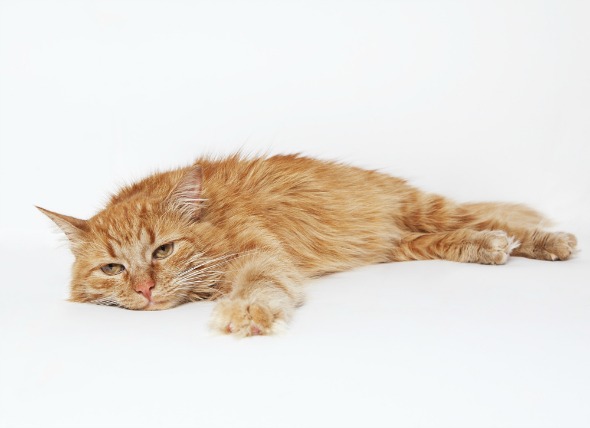 Toxoplasmosis in Cats
Toxoplasma gondii Infection in Cats
Toxoplasmosis
Toxoplasmosis in Cats
Toxoplasma gondii Infection in Cats
Toxoplasmosis
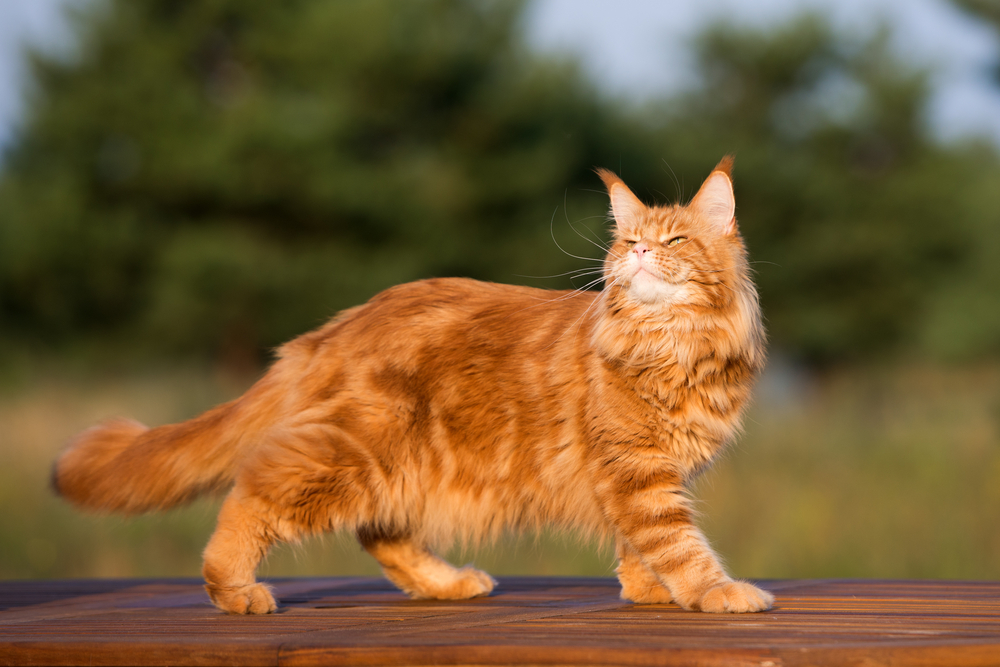 Involuntary Muscle Trembling in Cats
Tremors in Cats
Tremors are involuntary, repetiti
Involuntary Muscle Trembling in Cats
Tremors in Cats
Tremors are involuntary, repetiti
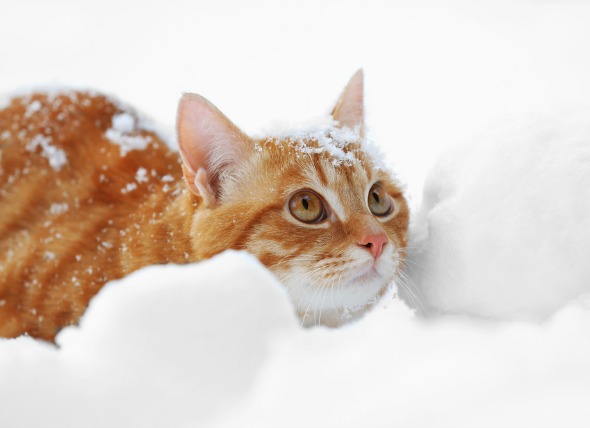 Low Body Temperature in Cats
Hypothermia in Cats
Hypothermia is a medical cond
Low Body Temperature in Cats
Hypothermia in Cats
Hypothermia is a medical cond
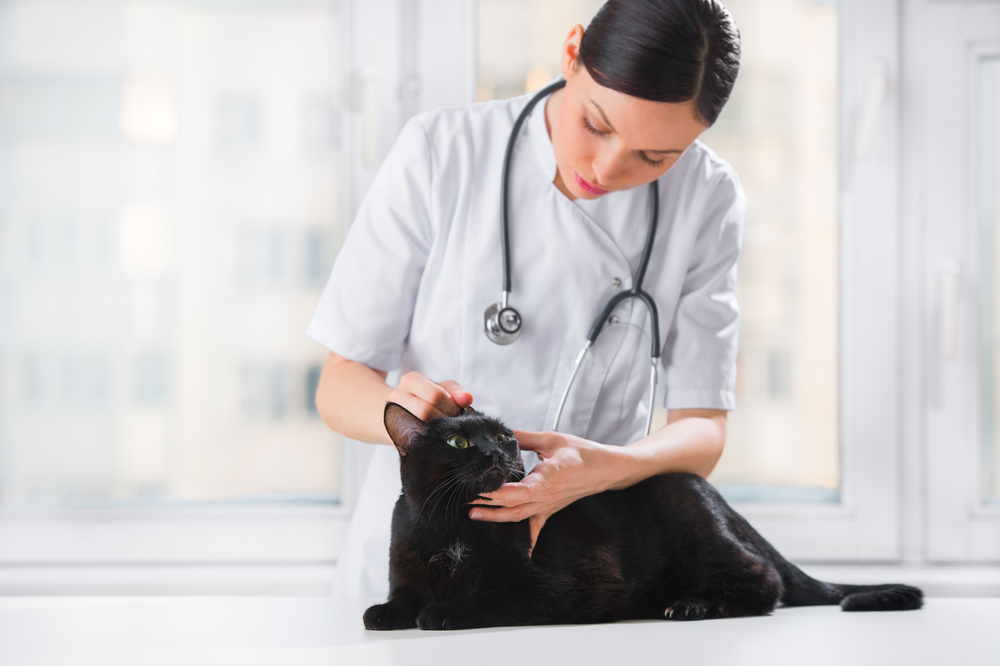 Diseases of the Skin on the Nose of the Cat
Nasal Dermatoses in Cats
Many diseases affect the
Diseases of the Skin on the Nose of the Cat
Nasal Dermatoses in Cats
Many diseases affect the
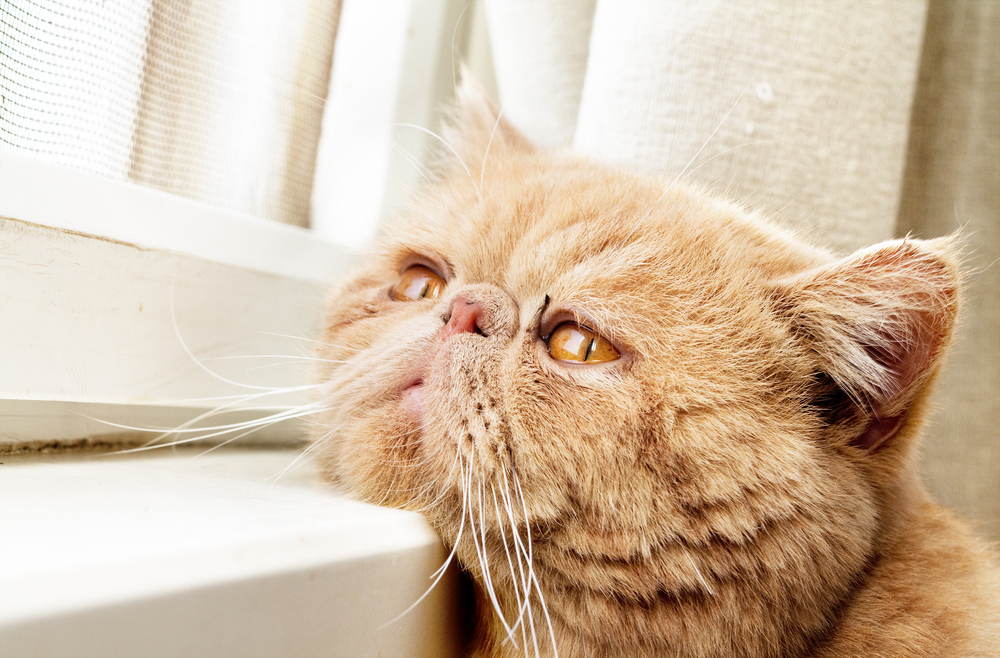 Bleeding of the Retina in the Eye in Cats
Retinal Hemorrhage in Cats
Retinal hemorrhage is
Bleeding of the Retina in the Eye in Cats
Retinal Hemorrhage in Cats
Retinal hemorrhage is
Copyright © 2005-2016 Pet Information All Rights Reserved
Contact us: www162date@outlook.com